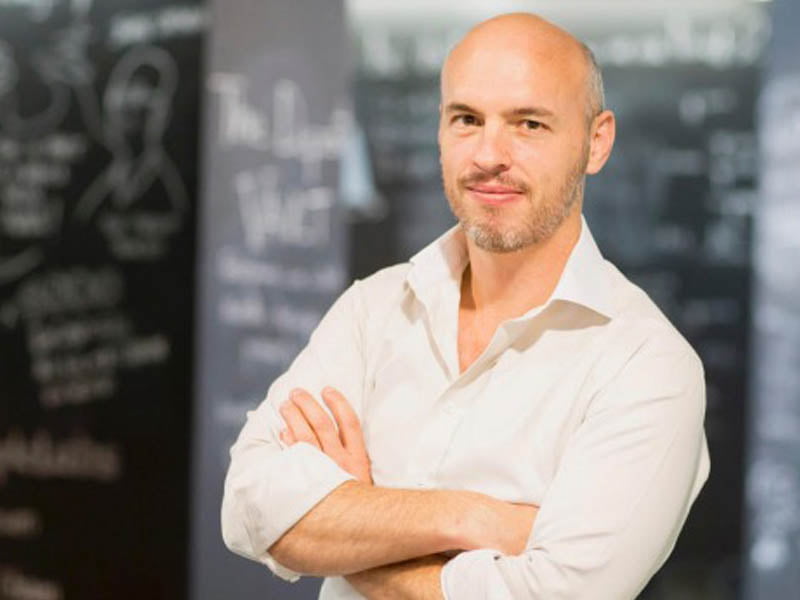The federal government may have promised an investment of more than $2.4 billion into Australia’s public science and technology infrastructure, but venture capitalists are concerned that there is no specific strategy on how the infrastructure will be delivered and what its returns will be.
Treasurer Scott Morrison’s plan fund a series of science technology infrastructure investments such as supercomputers, satellite imagery, more accurate GPS, a national space agency, as well as leading research in artificial intelligence.
“It’s exciting, setting up our manufacturing, agriculture, transport and service industries for success. They rely on this public infrastructure to do their own research, develop new products and services and run their businesses more efficiently,” he said.

But Reinventure co-founder Danny Gilligan says that while he welcomed the strong attention that has been paid to supporting the national digital infrastructure assets, the strategy component of it was missing.
“What I didn’t see a lot of tonight was while there was a lot of allocation of money, not a lot of strategy,” he said.
Instead, Mr Gilligan would rather see any long-term strategy for the new economy, for digital investments and technology to be carried out by a statutory authority.
“I would like to see a statutory body that would independent of government to look at technology policies. Because three election cycles just doesn’t do it for me. There’s been six innovation ministers in four years
“[An independent statuatory body] means having an independent governor for a ten-year appointment that lays down some proper strategies around how we actually architect,” he said.
Jason Yat-Sen Li, chairman of Vantage Asia Holdings, called Australia out for being too ideological about the way the country approaches economics in comparison to countries such as China.
“The Chinese have built a world-leading clean energy industry not because they’re particularly ideological about it, but because they knew they could be a world leader in this sort of thing,” he said during a panel discussion at InnovationAus.com’s Budget Insider event.
“Maybe it’s not about national missions or national projects, it’s about identifying what are those four or five industries where we can really make a difference, which matches to our national comparative advantage,” Mr Li said.
“It’s not about picking winners, but how do we nurture those industries and make them terrific.”
Galileo Ventures co-founder James Alexander was left slightly confused by the $2.4 billion announcement and what it actually means.
“It’s pretty classic of government to lump in multiple areas rather than separate them. They seem to just want to hit the voters…but that to me is a bit silly because voters are a bit smarter than that,” Mr Alexander said.
“I think the issue in Australia is we’re still getting use to a technology industry that’s pretty dominate in driving the economy,” he said.
“I’m not seeing any globally competitive headlines where they define exactly that they’re going to put X towards artificial intelligence, making it a pretty world rounded election budget, if not anything else.”
Meanwhile, Freelancer chief executive Matt Barrie is convinced that while the government may want to invest a “spray of money” into such initiatives, the economy, particularly in the tech sector, will grow in spite of it.
“The best thing [the government] can do is stand back and let it happen,” he said.
Do you know more? Contact James Riley via Email.

